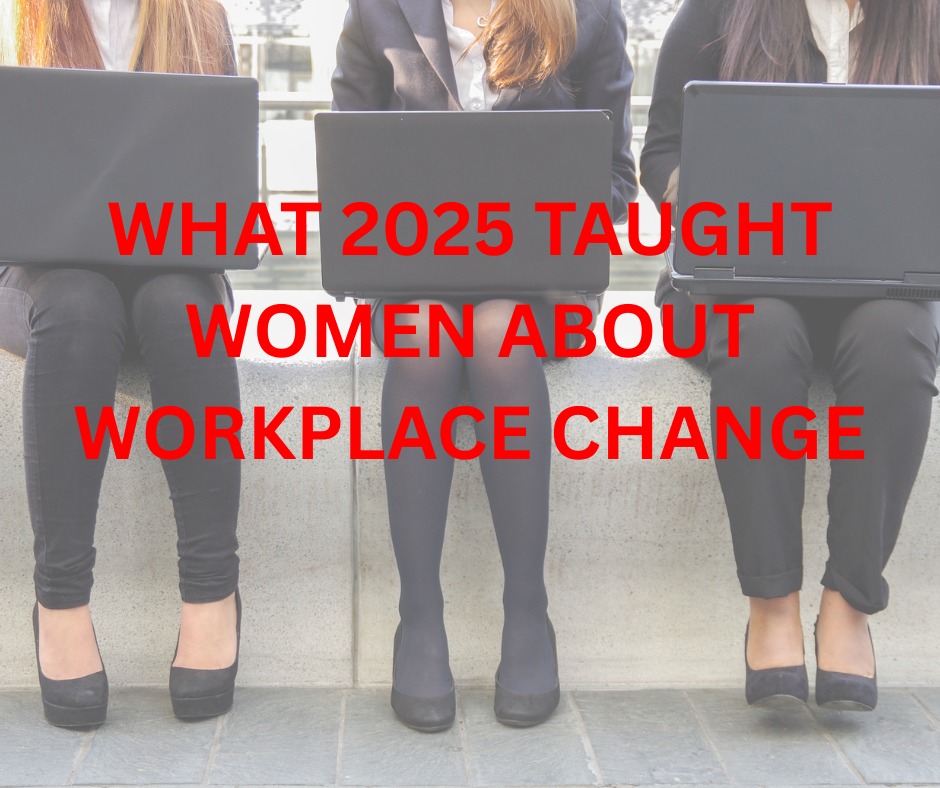A Review of Industries: Tech
Example: UBER
Uber is hailed as one of the most successful startup tech companies of its time in Silicon Valley. Uber’s creators developed an app that shook the taxi industry, allowing customers to call a ride with ease and efficiency and allowing drivers to work and earn extra income on a convenient, flexible schedule. Uber has an estimated 16,000 employees worldwide .
Despite its impressive success, Uber also had a tumultuous 2017 with conflicts plaguing the company including battles with city regulators and the U.S. Department of Justice, lawsuits filed by Google’s parent company claiming technology trademark violations, rape and sexual assault allegations against some of its drivers, drivers’ classification and benefits, and claims by competitor Lyft of engaging in tactics of sabotage. Uber’s legal troubles arguably only exploded, however, when Susan J. Fowler, an Uber engineer, published a blog post February 19, 2017 about her treatment at Uber. In her blog, she exposed that Uber suffers from a workplace culture unfriendly to women, causing a shake-up of the tech industry. Fowler joined Uber as an engineer in November 2015, and after beginning her training she was almost immediately propositioned for sex by her manager through a string of messages over company chat—clearly inappropriate behavior for a manager, especially using company resources. Despite her prompt reporting to Uber’s HR department, HR did not take any serious disciplinary action, and instead, even though HR acknowledged the manager’s behavior was inappropriate, Fowler was repeatedly told all the company could do was give the offender a stern warning. According to Fowler’s blog, upper management said the offender was a “high performer” and they didn’t want to ruin his career over his first offense or over an innocent mistake on his part. HR advised Fowler to either move teams to avoid interacting with him or to stay—a scenario in which she would likely suffer from poor performance reviews, which HR did not view as retaliation (since she had the option to change teams).
Let’s take a quick pause here. Uber is a modern-day, state-of-the-art company, populated with a generation of well-educated young people and their HR department was not taking any action? Fowler soon found out from other women at the company that her old manager had previously harassed other female engineers, that such behavior was continuing, and HR and upper management knew about and chose to ignore it. HR had lied, and so had upper management, about Fowler’s case being a “first offense”, and Fowler had no choice but to leave the company after her efforts for promotion were thereafter blocked despite her stellar performance reviews and work accomplishments.
So Fowler left the company and published her blog and the fallout was both fast and furious. Uber hired former U.S. Attorney General Eric H. Holder Jr. to investigate and make recommendations on how Uber should address and remediate its workplace culture. The investigations of more than two hundred sexual harassment and other workplace misconduct claims resulted in the firing of twenty employees and the reprimand of more than 40 additional employees. Uber’s board of directors promptly adopted Holder's lengthy recommendations , including: new performance reviews to hold senior leaders accountable, increased diversity, enhanced oversight, expansion and training of the HR department, extensive revamping of sexual harassment policies and procedures, reformation of Uber’s cultural values, implementation of more rigorous restrictions on use and consumption of alcohol at company events, restrictions regarding romantic relationships between employees, removal of employee job transfer barriers, and employee retention initiatives. Soon after that, Uber’s CEO Travis Kalanick agreed to take a leave of absence of undetermined length after pressure from Uber’s largest investors. It was an incredible fall from grace for “tech visionary” like Kalanick, whom, according to The New York Times, “had transformed the global transportation industry with Uber’s ride-hailing service and pushed the company’s value to nearly $70 billion, making it the most highly valued startup in the world.”
Following Fowler’s post, two women engineers filed lawsuits against Uber in California in October 2017, alleging gender and race discrimination for receiving unequal pay and being denied promotion. The cases became a class-action, which has now been settled for $10 million to compensate about 285 women and 135 men of color for financial and emotional harm. The settlement, which has been submitted for court approval, sets aside $1.9 million of the funds to compensate sexual harassment victims who file detailed reports on how they were mistreated.
Uber is not the first Silicon Valley or startup tech firm to face allegations of sexual harassment and discrimination, however, despite popular perception. It’s been reported , and backed by a number of studies, that Silicon Valley “maintains a reputation for inhospitality to women, people of color, [and] anyone who did not go to an Ivy League school…” One such study "found that women leave tech jobs at twice the rate men do” and “half or more [women] reported being asked to do menial tasks men aren’t expected to, dealing with unwanted sexual advances and feeling they don’t have the opportunities as their male counterparts.”
Another recent case includes UpLoad VR, where a former director of Digital and Social Media filed a gender discrimination and wrongful termination lawsuit against its founders. She alleges a rampant “boy’s club” environment “marked by rampant sexual behavior and focus” (including setting up an office with a bed and calling it the “kink room”), and that women are paid less than their male counterparts and given menial tasks. The company denies these allegations.
In another case, one of the fastest growing online lenders (called SoFi), is facing several lawsuits alleging “frat house culture,” “rampant sexual activity” happening in “bathrooms and parked cars,” and that subordinates are being told that to get promoted, “personal mentorships” with senior employees are required. After CEO Mike Cagney was added to a lawsuit as a defendant for allegedly making sexual comments about female employees and for allegedly fostering a culture that allowed sexual harassment to continue, he announced plans to resign. In a statement he cited “HR-related litigation and negative press have become a distraction from the company’s core mission”. Mounting lawsuits and the subject matter could have an impact on the company’s reputation and future growth plans and any third-party vendor, customer, lender, or regulator will likely take a closer look to determine whether this company poses a risky investment.
So, why is the bad behavior of “high performers” tolerated? Is the dollar value of their work performance worth more than the risk of potential sexual harassment liability to the company? What was the ultimate impact of Fowler’s blog on Uber, whether financial or otherwise? We understand from reports, that Uber lost some market share to Lyft and there have been financial losses, but what about Sofi and its plans to grow its lending platform? Regardless of how these companies may be publicly interpreting their financial reports, we hope that Uber’s and Sofi's plights have given the tech industry a renewed focus to take decisive action to improve their current culture of discrimination and sexual harassment and to move towards achieving diversity.
Members of HR departments are often uncomfortable disciplining a high performer and/or too fearful of losing their own jobs to do so, especially if the alleged violator is in a position of power, an executive, or popular with the company. Managers and HR departments need proper training on how to communicate with, handle, and punish perpetrators in a swift and consistent manner regardless of their position. The implementation of zero-tolerance policies against any form of sexual harassment and discrimination are a prerequisite for a chance at efficiently discouraging bad behavior, regardless of the level of violation and regardless of the status of a perpetrator as a high performer.
Drastic changes are both needed and critical. To this day, women are still reluctant to report their abusers and with excellent reason. It does not matter whether the abused female is a low-ranking staffer, a contributing associate, an employee with rank, or a well-known personality. If the abuser has a superior position, is a high performer, or is a person with influence, he or she has the power to make or break their subordinate’s career, and sometimes even those of their female peers. If you dare to report the abuser, you are likely to suffer retaliation in the form of negative work reviews, loss of social group interaction, discrimination, public humiliation and harassment, loss of work opportunities, demotion, denial of bonuses and raises, assignment of menial tasks, transfer to a lower-income job, being fired or laid off, or being forced to leave directly or (often) indirectly.
The tech industry is seeking to actively make changes concerning sexual harassment and diversity, including a bill seeking to prohibit sexual harassment in the venture capital industry explicitly between entrepreneurs and potential investors, relationships not currently covered by employment laws. However, progress is slow. According to recent reporting, the National Venture Capital Association—comprised of industry leaders—spent the greater part of 2017 working with law firms, HR specialists, and venture partners to establish guidelines and best practices for education and training around sexual harassment, including suggested policies and procedures. However, the results of the association’s efforts have not been released so it’s unclear what progress has even been made.
What will you do today to be #beupstanding and help #changetheculture for an environment without #sexualharassment and #abuse? #TimesUp. Let’s #playnice. To learn more, check out “Play Nice - Playground Rules for Respect in the Workplace,” and join us at www.thesandboxseries.com.



